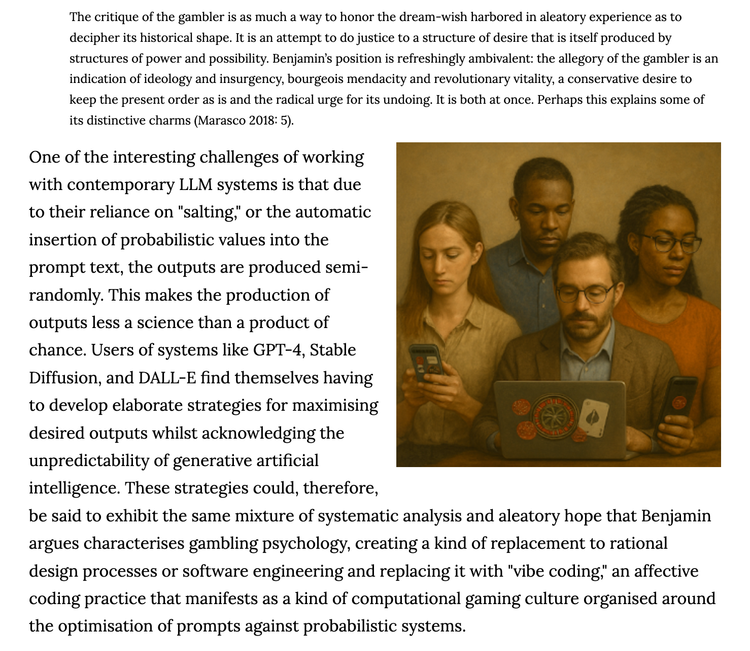Structured Knowledge Units

One standout development in artificial intelligence since late 2022 has been the rapid evolution of AI's approaches to consuming and learning from context specific information, paving the way for groundbreaking innovations such as Retrieval-Augmented Generation (RAG) and the implementation of large contextual windows. These advancements enable AI to tap into extensive databases—or "knowledge bases"—for the information necessary to inform ('augment') its outputs.
These curated knowledge bases serve as the backbone for a variety of applications, including support chatbots that enhance customer service experiences and knowledge management systems that bolster internal team efficiency and expertise.
An optimized 'knowledge base' is expected to be rich in accuracy, depth, and context, curated meticulously by subject matter experts. It stands in stark contrast to the vast, often chaotic expanse of information available on the internet, offering a model of coherence and precision. Ideally, this source of knowledge is organized with a clear structure, scope, and tone, ensuring that information is not only accessible but also consumable in an efficient manner. These meticulously organized knowledge units are invaluable for AI systems, especially when utilizing technologies like RAG. By drawing upon these curated, structured knowledge bases, AI can achieve not just relevance in its responses but also a depth of understanding and insight that echoes the expertise of human scholars.
So, intriguingly, at the heart of a significant trend in AI development—augmented knowledge systems tailored for specific domains—lies an entity that embodies all the essential qualities of a traditional yet timeless instrument of knowledge: the book.
The point is, this new world of augmented AI requires more books to be made and for almost every organization on earth....
© Adam Hyde, 2024, CC-BY-SA
Image public domain, created by MidJourney from prompts by Adam.






Member discussion